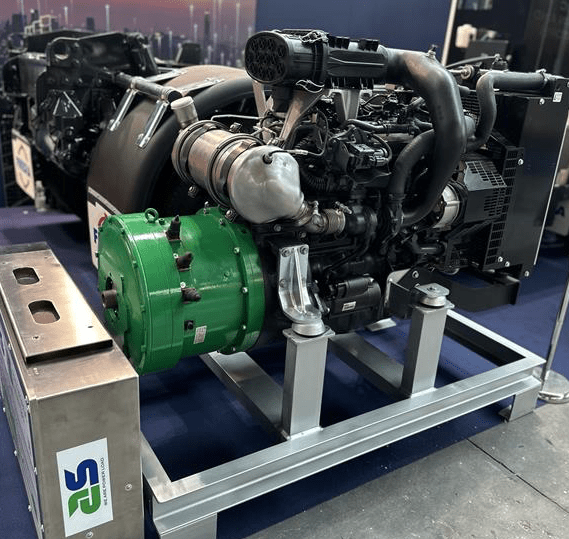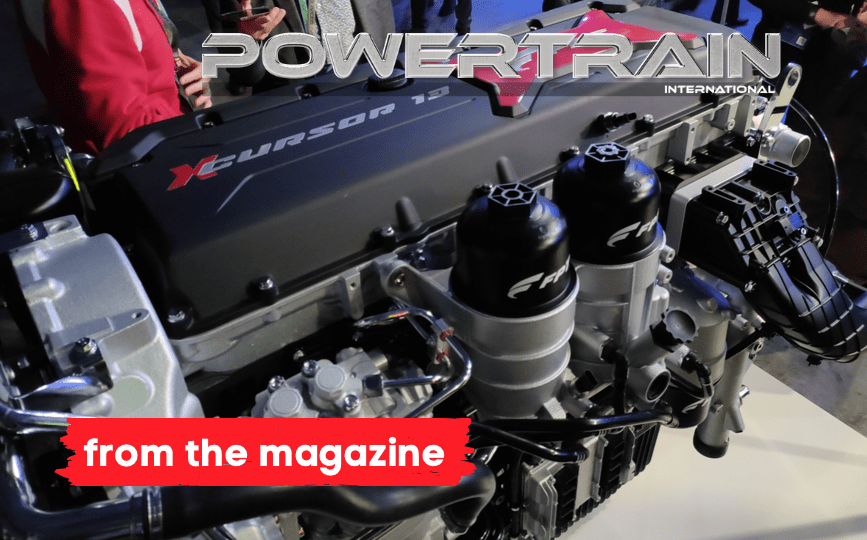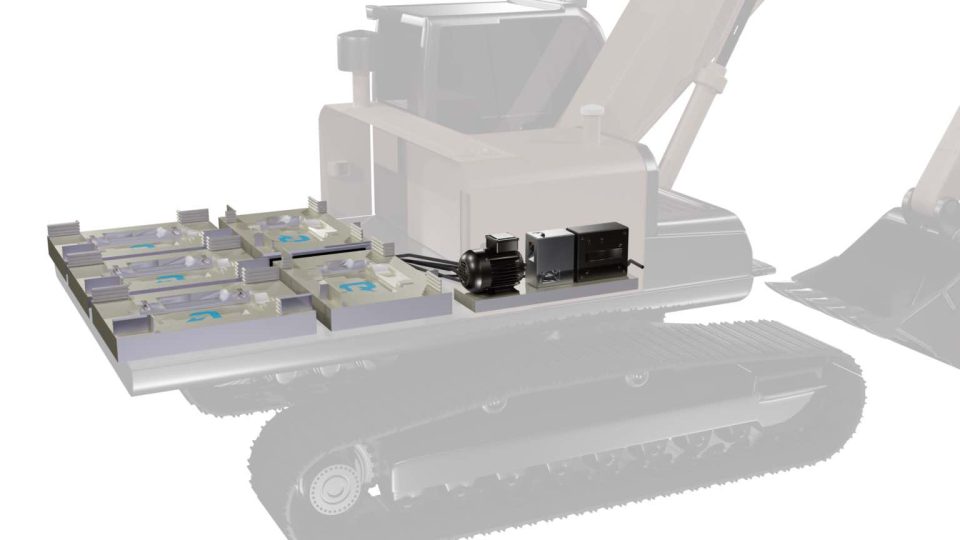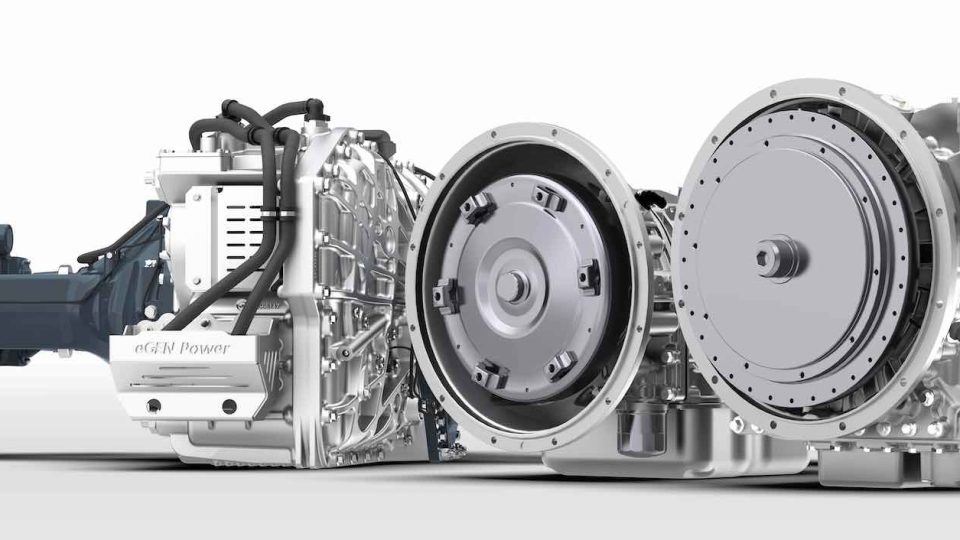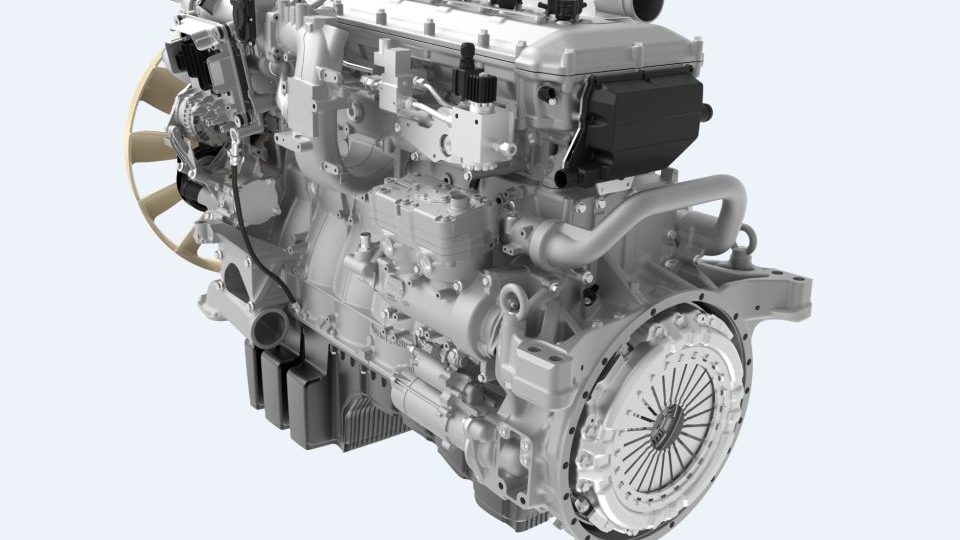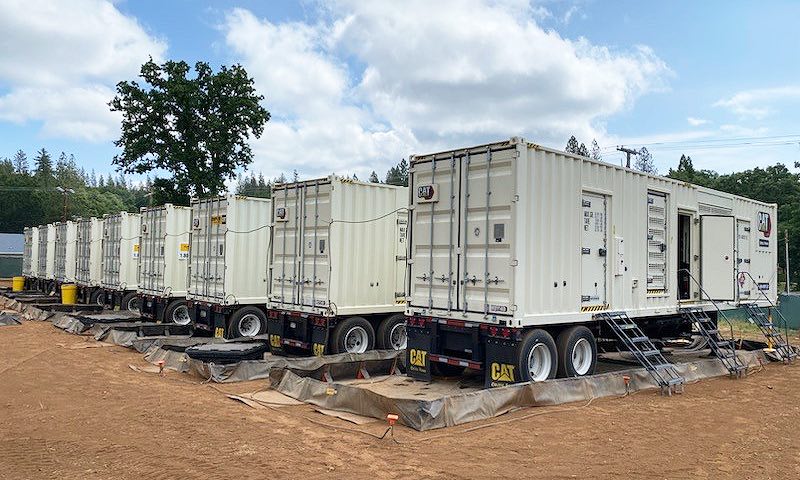Siemens will soon build green hydrogen production plant in Wunsiedel, Germany
The plant will be constructed at Wunsiedel Energy Park and connected to the existing Siemens battery storage facility and adjacent industrial enterprises. These can use waste heat, or the oxygen split off during electrolysis. This connected infrastructure will serve as a model for the whole of Germany.
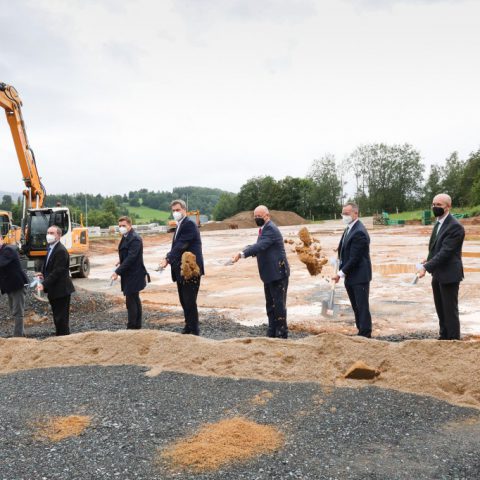
Siemens started to build one of the largest green hydrogen projects in Germany. The global company will soon begin the construction of a hydrogen generation plant with a capacity of 8.75 MW that is expected to go into operation in about one-year time, in the summer of 2022.
According to Siemens, the facility will produce up to 1,350 tons of hydrogen per year using only renewable energy, for example from solar or wind power. Siemens Smart Infrastructure is the general contractor for the entire plant, with Siemens Financial Services (SFS) participating in the equity financing as well as holding a share of 45 percent in the operating company WUN H2.
Siemens towards green hydrogen: a model for the whole Germany
The plant will be constructed at Wunsiedel Energy Park and connected to the existing Siemens battery storage facility and adjacent industrial enterprises. These can use waste heat, or the oxygen split off during electrolysis. This connected infrastructure will serve as a model for the whole of Germany. Using the generated hydrogen in transportation and industry allows for CO2 savings of up to 13,500 annually.
Siemens Energy’s most advanced electrolyzer
The Wunsiedel plant uses Siemens Energy’s most advanced electrolyzer. «With our latest generation of electrolyzers, we are continuing to commercialize this technology. The plant not only supplies green hydrogen from renewable energy sources, it also makes full use of the resulting byproducts, oxygen and waste heat», said Christian Bruch, CEO of Siemens Energy.
The hydrogen is delivered via truck trailers to local and regional end customers for local distribution, mainly in the regions of Upper Franconia, Upper Palatinate, Thuringia and Saxony as well as Western Bohemia (Czech Republic). The plant will also help alleviate grid bottlenecks and provide flexibility for the power grid.
The option to build a public hydrogen filling station for trucks and buses at the same location will make it possible to create an offering for carbon-free heavy goods transportation as well as regional public transportation.
«A lighthouse project»
«Converting our energy supply to new, climate-neutral energy sources is one of the main objectives of the energy transition. Hydrogen plays a key role in this», said Siemens CFO Ralf P. Thomas at the groundbreaking ceremony. «In this respect, Wunsiedel, with its existing distributed energy system and the use of digital technology, is a lighthouse project for a sustainable energy future».

